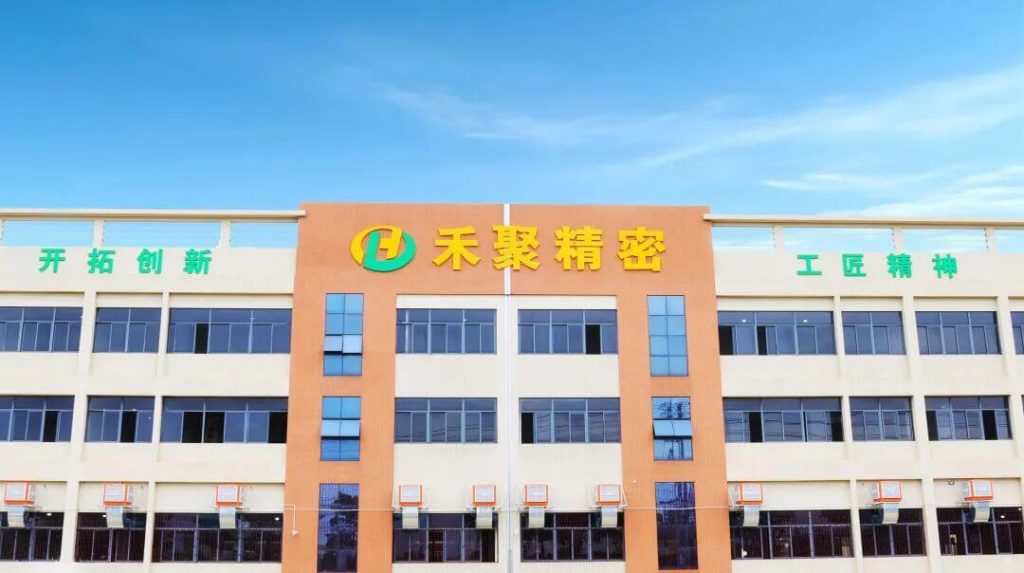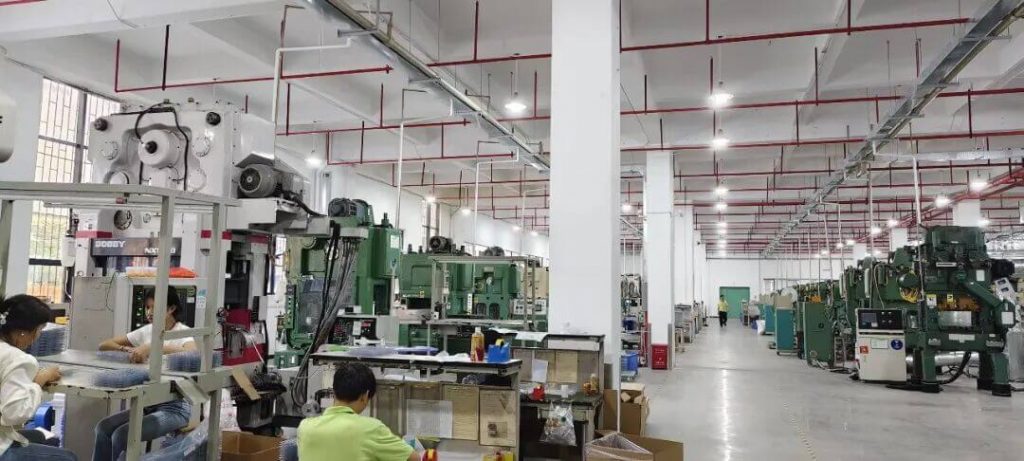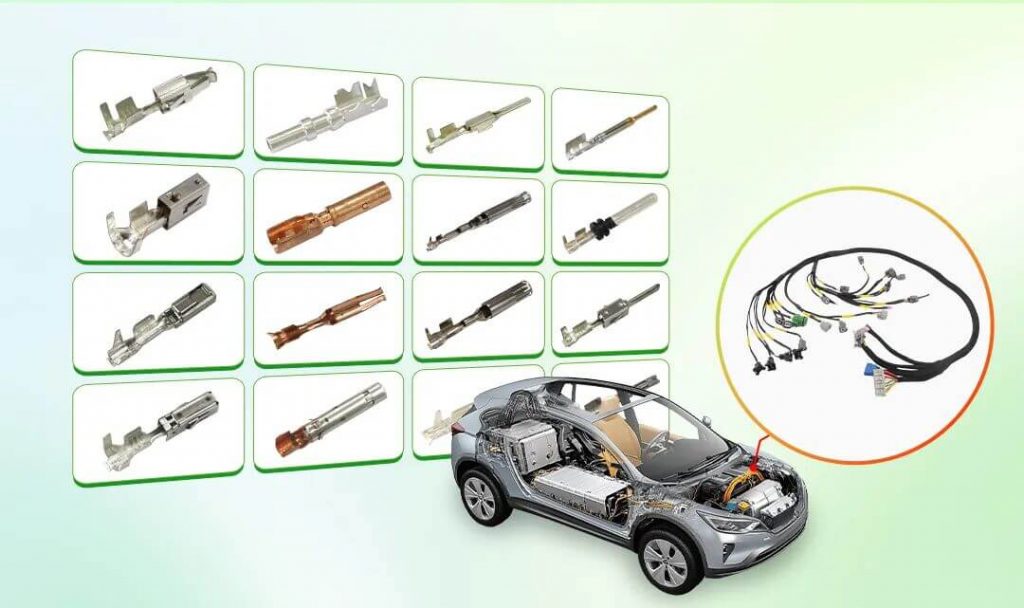Automotive Low-voltage signal terminals: The “nerve” crisis and breakthrough for new energy vehicles
In the electrical systems of new energy vehicles, automotive low-voltage signal terminals are like the “nerve endings” of the vehicle, and their performance directly determines the safety and reliability of control response, intelligent recognition, and even autonomous driving decisions. However, as the level of vehicle intelligence continues to deepen, the application scenarios of low-voltage signal terminals are becoming increasingly complex, and the industry is facing a series of severe challenges that are restricting the overall development of the industrial chain.
Currently, the low-voltage signal terminal industry faces the following main challenges:
Unstable Signal Transmission and Weak Anti-interference Capabilities
The automotive environment is characterized by strong electromagnetic interference and large temperature and humidity fluctuations. Many manufacturers, due to insufficient purity of the base material and a lack of anti-interference design in the structure, frequently experience problems such as high signal attenuation rates and transmission delays in their terminals. This severely affects the communication quality between sensors and control systems, and may even lead to system misjudgments, posing a potential safety hazard to the entire vehicle. Furthermore, some products, due to substandard plating processes, are prone to corrosion after long-term use, resulting in increased contact resistance and severely affecting the stability of electrical connections.
Low Dimensional Accuracy, Making it Difficult to Guarantee Consistency in Mass Production
Low-voltage terminals are mostly miniature structures with extremely strict tolerance requirements (must be controlled within ±0.01mm). However, most manufacturers are limited by mold precision (only ±0.02mm) and stamping process fluctuations, resulting in approximately 30% of products failing to stably match the connectors. Downstream customers are forced to invest manpower in manual screening, with daily losses exceeding 20,000 yuan. Even more seriously, the core spring contacts of some terminals show an elasticity reduction of over 20% after tens of thousands of insertion and removal tests, severely impacting the reliability of long-term connections.
Slow Response to Customization, High Derivative Costs
Automakers typically require customized terminals to be delivered within 30 days, but most manufacturers are constrained by external mold collaboration, extending the delivery cycle to 45-60 days. Delivery delays not only result in lost orders but also further impact company revenue due to a lag in standard parts production scheduling.
Inadequate Compliance System and Incomplete Quality Control
Exported vehicle models have stringent terminal certification requirements, but some manufacturers still fail to pass industry quality system certifications such as IATF 16949. Issues such as missing compliance documents and batch-to-batch quality inconsistencies occur frequently, affecting not only vehicle exports but also potentially damaging brand reputation and increasing after-sales costs due to latent defects such as insulation aging and poor contact.
Dongguan Heju Precision Electronics Technology Co., Ltd. is a high-tech enterprise specializing in the R&D, design, and production of automotive wiring harness terminals. Since 2016, the company has been certified by the IATF16949 quality management system, possessing a complete industrial chain capability from mold design and manufacturing to product molding. It has also established a comprehensive quality inspection system to ensure product consistency throughout the entire process. Relying on over 70 imported precision stamping machines, Heju Precision can achieve high-efficiency, large-scale production, with a typical order delivery cycle controlled within 30 days, demonstrating its ability to respond quickly and deliver stably.
Regarding personalized needs, the company can provide professional customized services to flexibly address the specific application scenarios of different customers. Facing the common challenges in the current low-voltage signal terminal field, Heju Precision adheres to technology as its foundation and quality as its guarantee, and is committed to becoming a reliable “game-changer” and a long-term trustworthy partner in the field of low-voltage connections for new energy vehicles.

